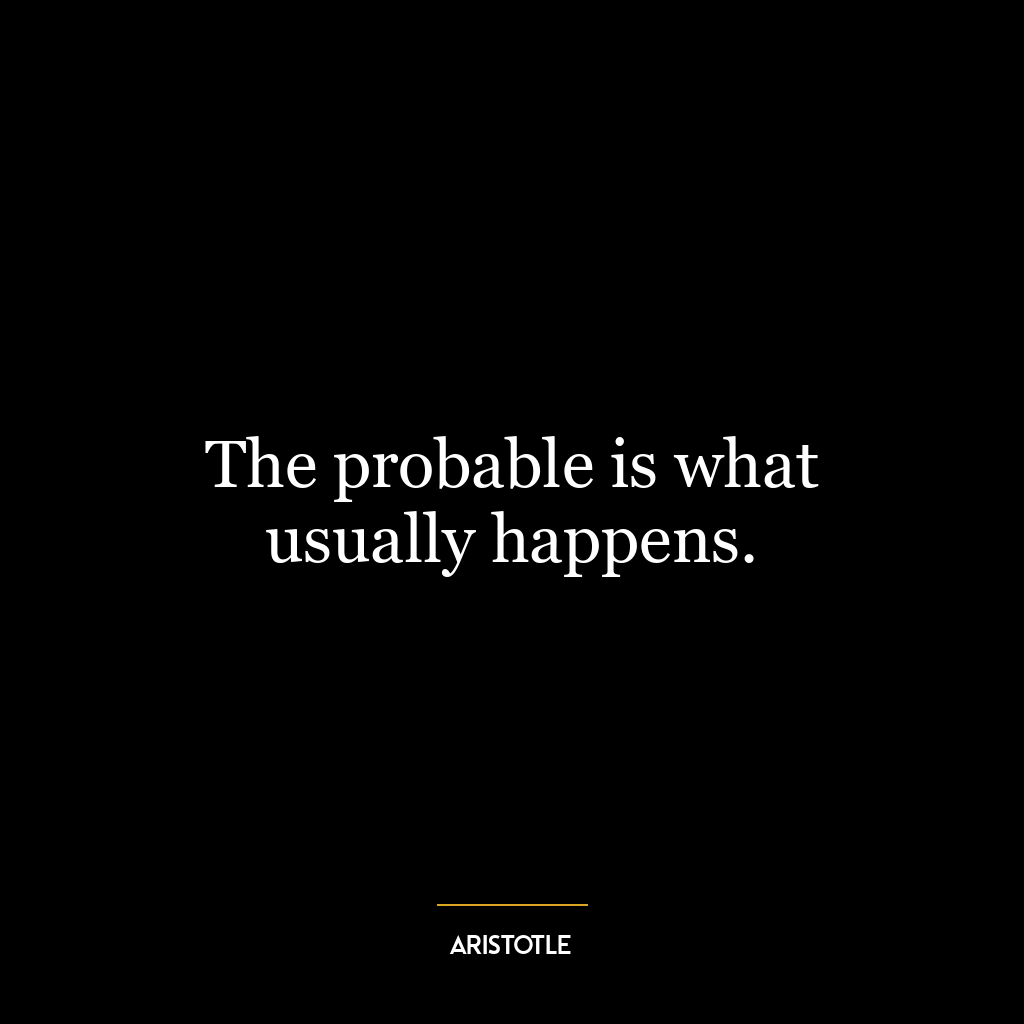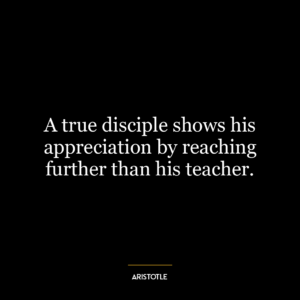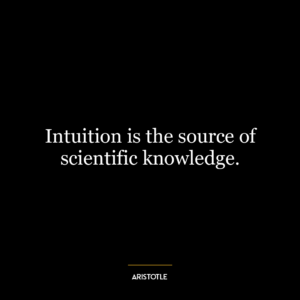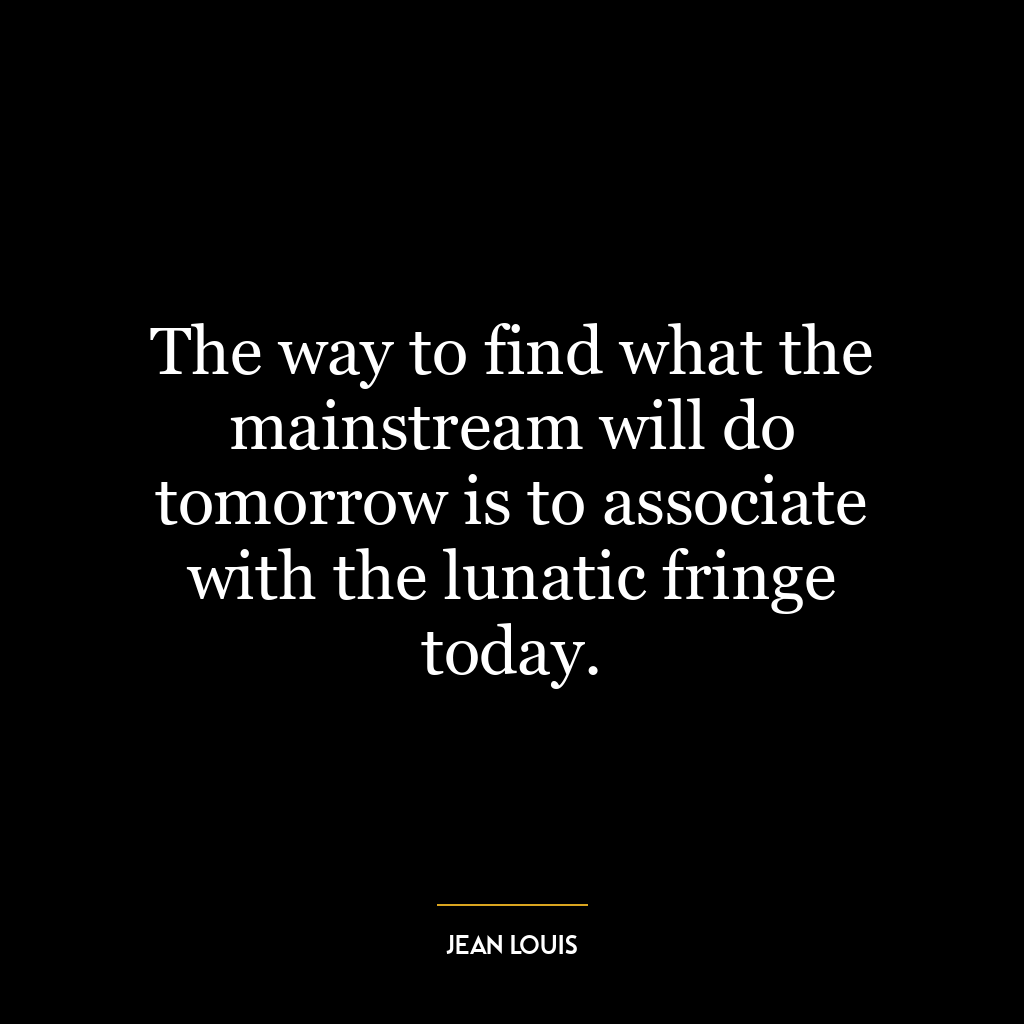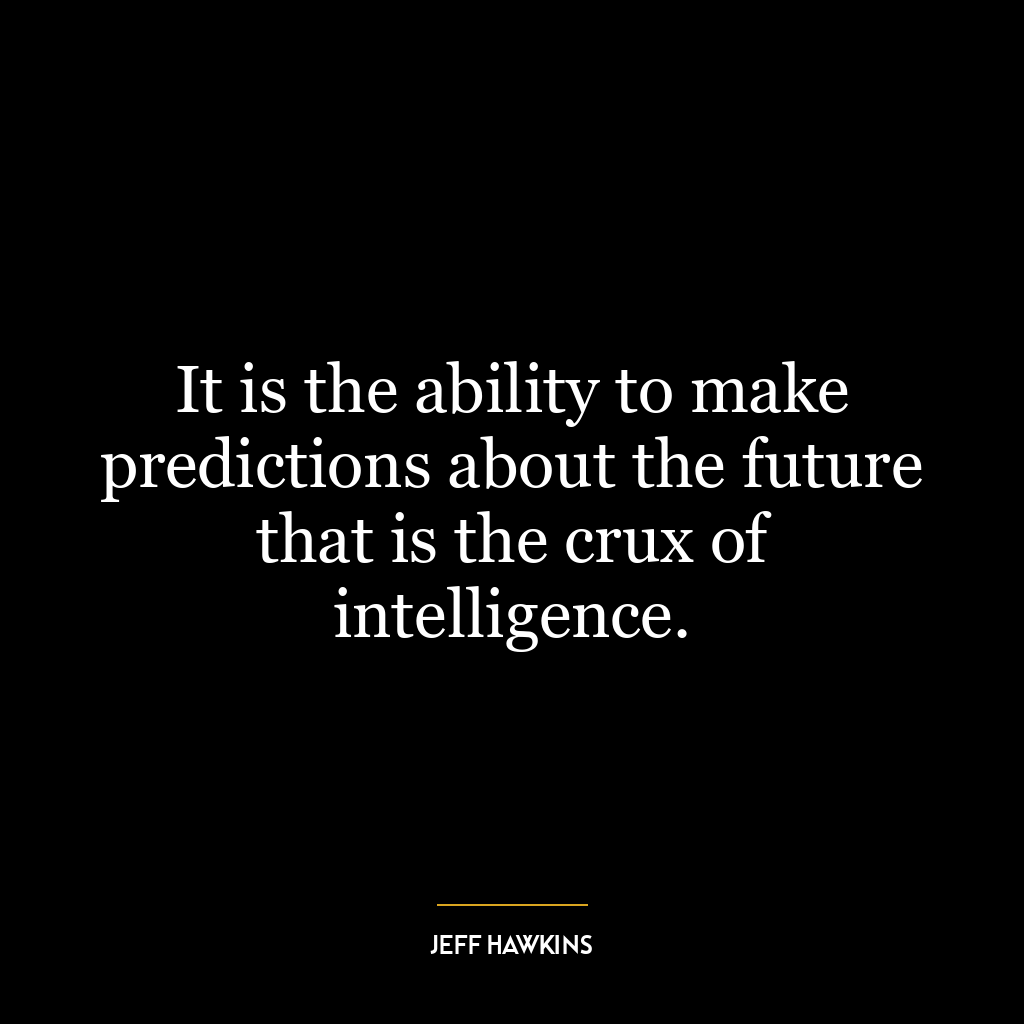“The probable is what usually happens” is a simple yet profound statement that encapsulates the essence of probability. It implies that what we usually expect to happen, based on past experiences or established patterns, is what is most likely to occur. This is not a guarantee, but rather a prediction based on the best available evidence.
This concept is a fundamental principle in our day-to-day lives as well as in various fields such as science, economics, and psychology. For instance, in the field of weather forecasting, meteorologists predict the weather based on patterns and trends they’ve observed in the past. Similarly, in the stock market, traders make investment decisions based on the probable performance of a stock, which is determined by analyzing historical data and market trends.
In the context of personal development, this idea encourages us to learn from our past experiences. By analyzing our past actions and their outcomes, we can predict the probable results of our future actions. If a certain behavior has consistently led to a negative outcome, it’s probable that it will do so in the future as well, and vice versa. Therefore, understanding the probable consequences of our actions can guide us in making better decisions and facilitate personal growth.
However, it’s important to note that ‘probable’ does not mean ‘certain’. There is always room for uncertainty and the unexpected. Hence, while we should consider the probable, we should also be prepared for the improbable. This is a reminder to stay adaptable and flexible, and to not be overly reliant on predictions.
In today’s rapidly changing world, this idea is more relevant than ever. While we can and should use the past as a guide, we must also be prepared for unprecedented events. The COVID-19 pandemic, for example, defied many predictions and showed us that the improbable can indeed happen. Therefore, while we navigate our lives based on what is probable, we should also build resilience to face the improbable.

